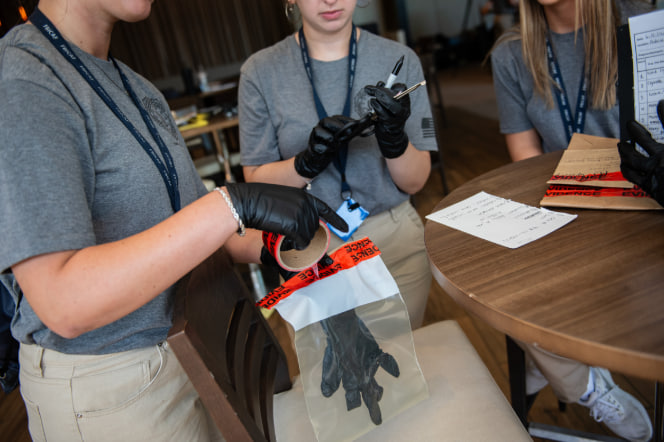The United States Postal Inspection Service (USPIS) has uncovered a transnational fraud case involving counterfeit postage labels in Los Angeles. A Chinese man was accused of delivering more than 9 million packages to the U.S. Postal System through counterfeit postage labels, causing the U.S. Postal Service (USPS) to lose more than $60 million. The case attracted the attention of CFIT, which worked closely with USPIS to successfully crack down on this huge postal fraud network.
[How the scam works] The man sold counterfeit postage labels on multiple e-commerce platforms to attract sellers to buy. After the sellers purchased the counterfeit postage labels, they attached the counterfeit postage labels to the packages and delivered them through USPS. These counterfeit postage labels used expired postage bill numbers and reused smart barcode data in an attempt to conceal their counterfeit nature. In this way, the man delivered more than 9 million packages to USPS in less than a year, causing USPS to lose more than $60 million.
[CFIT's involvement and investigation]
After receiving the notice from USPIS, CFIT immediately initiated the investigation procedure. CFIT's technical team analyzed a large amount of postage label data and found abnormal patterns. CFIT also worked with USPIS to track the man's money flow and found that he was laundering money through multiple offshore accounts. These findings provided key evidence for subsequent law enforcement actions.
[Joint Action by Federal Agencies]
With the assistance of CFIT, USPIS raided the man and seized a large number of counterfeit postage labels and related equipment. The man was arrested on the spot and charged with conspiracy to defraud the US government and using counterfeit postage. According to the indictment, the man delivered more than 9 million packages through counterfeit postage labels, causing more than $60 million in losses to USPS. If convicted, he faces up to 20 years in federal prison.
[Victims said]
Legitimate customers of the United States Postal Service (USPS) were also affected by the scam. Due to the influx of a large number of counterfeit postage packages, the USPS's operational efficiency was severely affected, resulting in delays or loss of mail for legitimate customers. An e-commerce business owner from Los Angeles said: "Our customers often complain about package delays, and our reputation has been severely hit." Similar stories are constantly playing out across the country, affecting thousands of consumers and merchants.
[CFIT's follow-up actions]
After the case was over, CFIT issued an alert about postal fraud, reminding businesses and the public to be vigilant against similar counterfeit postage. CFIT also worked with USPIS to establish an online platform for the public to report suspicious postal activities and provide relevant educational resources to help the public identify and avoid postal fraud. In addition, CFIT also worked with e-commerce platforms to enhance the monitoring and identification capabilities of counterfeit postage labels. These measures are aimed at curbing the spread of postal fraud at the source.
Through cooperation with the United States Postal Information System (USPIS), CFIT successfully exposed this postal fraud case involving tens of millions of dollars, safeguarding the integrity of the U.S. postal system and the interests of the public. This case highlights CFIT's professional capabilities in identifying, investigating and combating financial fraud, as well as the importance of working with federal agencies. CFIT will continue to be committed to combating all forms of financial fraud and safeguarding the public's financial security.
